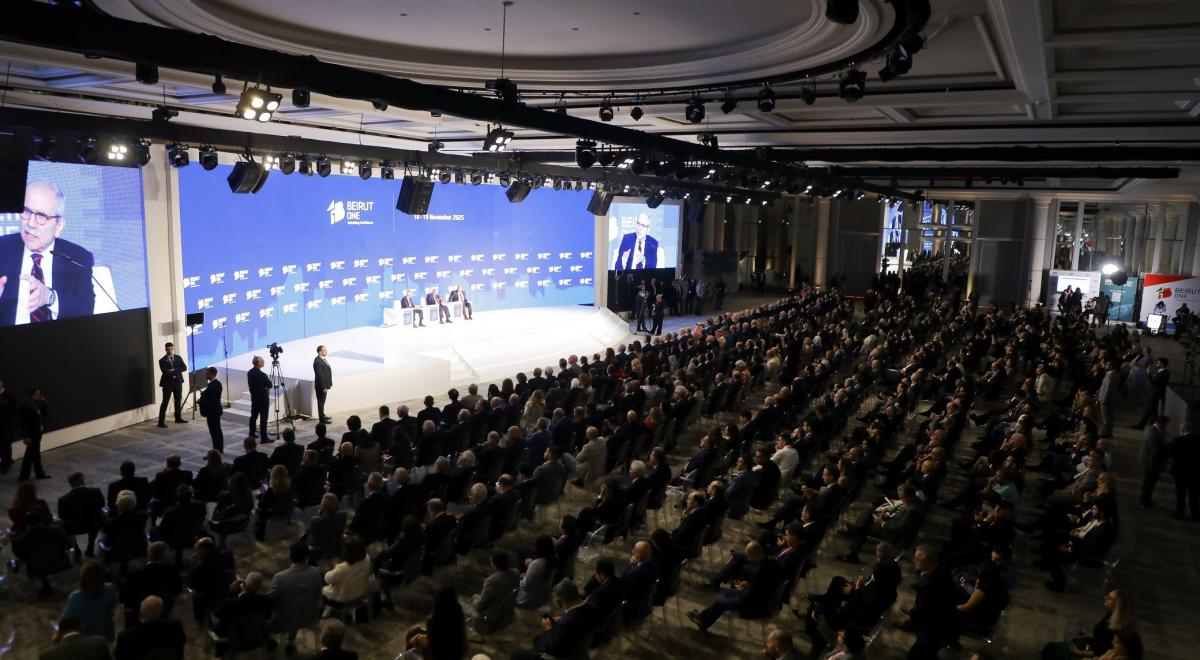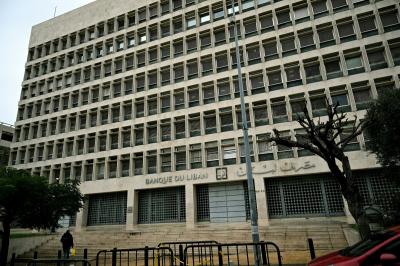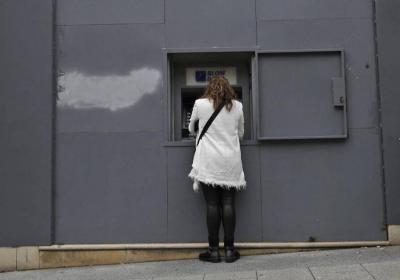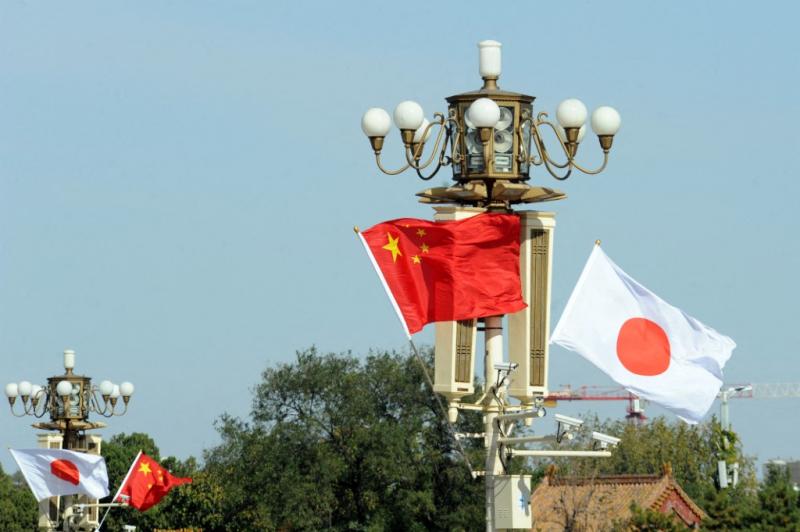As the “Beirut One” conference drew to a close, the doors of the world’s strongest economy were opening wide for Riyadh. The warm reception of the Saudi delegation at the opening and closing of the Beirut One conference—designed as a gesture of “ice-breaking”—was overshadowed by the White House’s lavish protocol dinner honoring Saudi Crown Prince Mohammed bin Salman, attended by global business leaders and major social influencers. More importantly, while Lebanon walked away with intentions of investment contingent on implementing reforms, those pledges amounted to less than 1% of what the U.S.–Saudi Investment Forum secured on the sidelines of the historic visit, a figure that, according to President Donald Trump, reached 270 billion dollars.
An economic comparison between Saudi Arabia and Lebanon is inherently unfair—and perhaps illogical. The size of the Saudi economy exceeds that of Lebanon’s by more than forty times. Yet that is not the point. Lebanon’s dilemma does not lie merely in the volume of investments, but in their very nature.
The Real Difference: The Nature of Investments
While Lebanese officials travel the world in search of external financing for sectors that should be basic pillars of any modern economy—electricity, telecommunications, roads—Saudi Arabia is laying the foundation for a strategic partnership with the United States built around artificial intelligence. The first outcome of this partnership was the signing of a memorandum of understanding to develop medical applications, backed by the Crown Prince’s pledge to invest 50 billion dollars in the Kingdom’s semiconductor needs.
Artificial intelligence and semiconductor transfer emerged as one of the central themes of U.S.–Saudi discussions, alongside defense and civil nuclear energy. Meanwhile, Lebanon remains stuck in the square of judicial reform. As Prime Minister Nawaf Salam stated: “Without an independent judiciary capable of restoring public trust, it is futile to hope for significant investments.” He added during the final session of the Beirut One conference: “We have missed many opportunities in the past, starting with the failure to fully implement the Taif Agreement and to deploy the army in the south after the Israeli withdrawal. Attracting investments requires security, stability, and safety. Without them, investments will not come, and we will miss the chance for economic recovery.”
The Rise of “Smart Medicine”
Beirut—once known as the “Hospital of the Arabs”—is at risk of losing yet another historic role if it fails to adapt to the new era, after already losing its position as the Arabs’ “bank” and “hotel.” Today’s healthcare sector is becoming reliant on an Advanced Silicon Ecosystem, combined with massive investment power and rapid national-scale execution. This is how President Trump views Saudi Arabia’s trajectory, while Lebanon remains “light-years backwards.”
The future of healthcare will be built on electronic chips, just like every other sector—from diagnostics and analysis to accelerating treatment, predicting diseases, and producing new medications through advanced computing. Any country that fails to embrace this revolution, moving toward smart and quantum medicine, will be erased from the future.
The Future of the World
While Lebanon concluded its economic conference with investment intentions not exceeding two billion dollars, according to the “Private Sector Network” app, the U.S.–Saudi Investment Forum witnessed the signing of major strategic partnerships in AI and semiconductors.
Chip giant AMD, systems firm SISCO, and HUMAIN announced a joint venture to build a 100-megawatt data center in the Kingdom, with AI company Luma AI becoming the first anchor client to purchase its full capacity, supporting AI solutions across vital sectors such as health, education, energy, and transport.
In addition, Elon Musk, CEO of xAI, unveiled a Saudi–U.S. project in collaboration with NVIDIA to establish a 500-megawatt AI computing center in the Kingdom—part of a plan to position Saudi Arabia as a key global player in advanced AI development. Musk predicted that accelerating these technologies will lead to massive abundance in goods and services, reducing the need for traditional labor and money.
Between Chips and Spices
The essence of national growth is no longer just about attracting money, but how that money is deployed and which strategic sectors it serves. What is being promoted locally in Lebanon still resembles the same failed model: pumping funds into projects that fuel consumption and reproduce an outdated system, with no meaningful investment in productive sectors—especially technology.
By contrast, nations like Saudi Arabia, alongside many rising economies, are racing to acquire, host, or facilitate semiconductor manufacturing—the spices of the modern era. Chips, which power all smart systems—from communications and smartphones to vehicles—grant the countries that design and manufacture them vast influence over major global economic sectors. This influence mirrors the economic and political power once derived from controlling spices during the age of colonial empires.
Regardless of the difference between the value of spices then and chips today, the rule remains the same: whoever controls the strategic resource controls the rules of the game—whether the rules of trade in the past, or of the digital, military, and AI economy today. And while nations race toward this future, Lebanon remains fast asleep.
Please post your comments on:
[email protected]
 Politics
Politics













